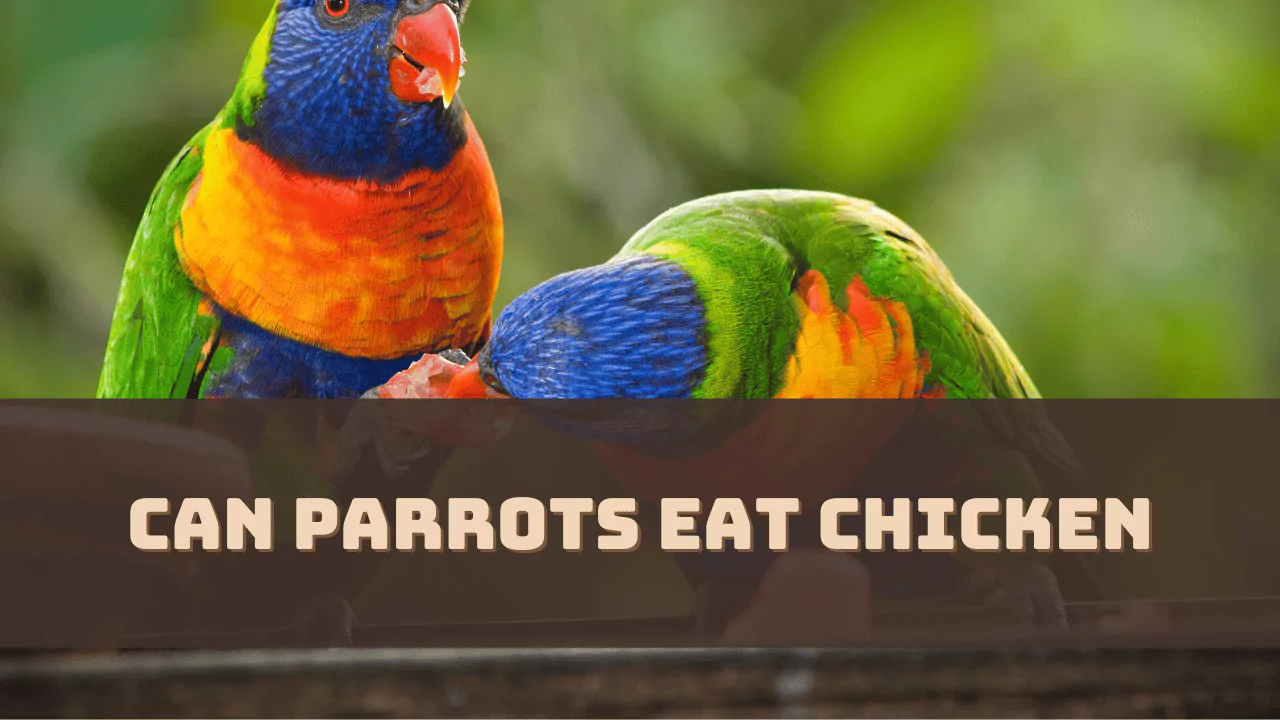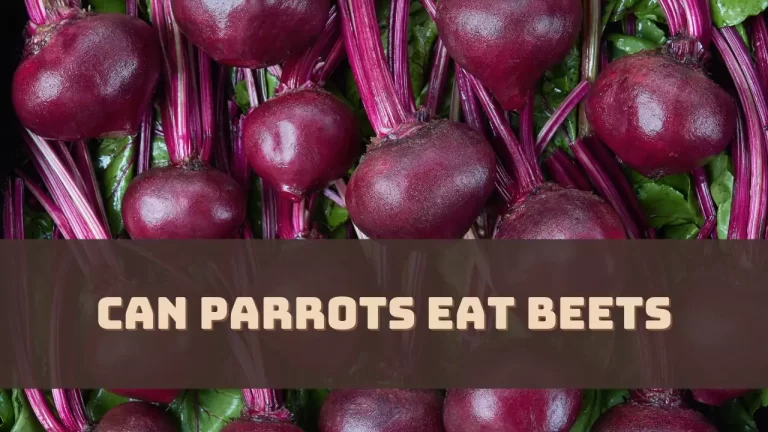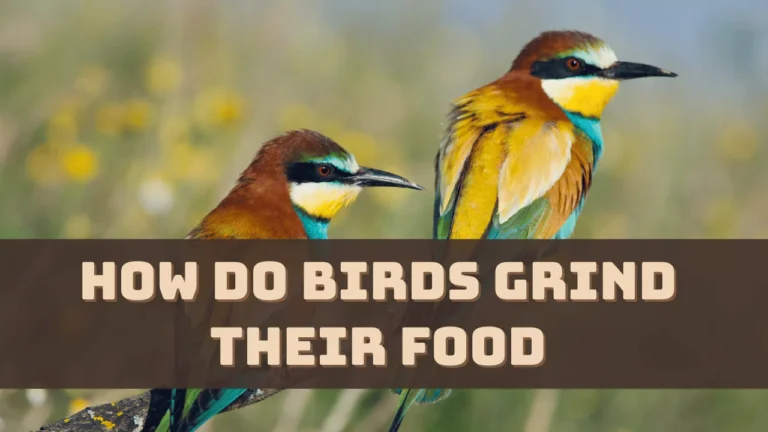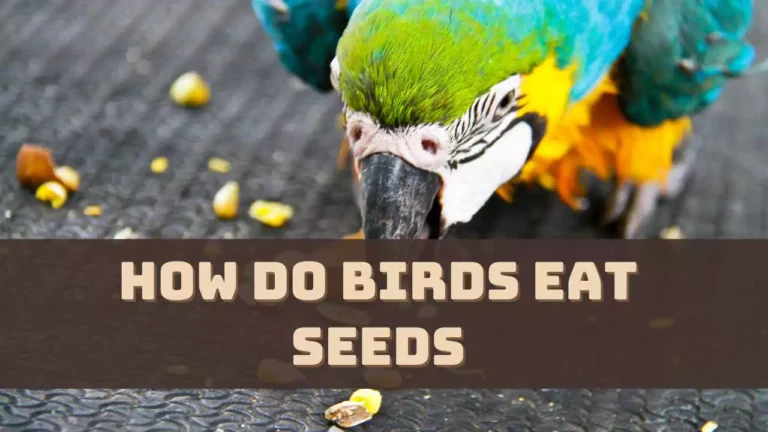Yes, Parrots can indeed eat chicken meat. While it might seem unusual given their predominantly herbivorous nature, parrots are actually omnivores and can consume various types of meats, including chicken. Some parrots even enjoy the meat, and certain species may crush the bone to extract the marrow, which is rich in protein.
However, it’s essential to ensure that the chicken is plain, cooked thoroughly, and free of any seasonings or garnishes that could be harmful to the parrot’s health, such as onion, garlic, or avocado.
Let’s dive in and understand what are the benefits as well as risks of feeding chickens to parrots.
What are the Benefits of Feeding Chicken to Parrots?
Chicken can be given as an occasional treat to the parrots and they are quite healthy and packed with protein. A parrot requires 20% protein which they usually gain from nuts and seeds, chicken can work as an alternative. It promotes healthy bone density and also offers to boost the immune system through the essential amino acids.
The protein in the chicken contributes to muscle mass growth and development and also other body functions. Chicken is rich in Vitamin B complex, which includes Vitamin B6 and Vitamin B12 which support normal function of the nervous system, boosts immunity, and also helps to gain overall energy.
It also has minerals, such as phosphorus and zinc which contribute to the overall well-being of the parrot. Chicken breast has a low-fat content when compared to other meat, so the parrot doesn’t become prone to obesity or any other fat-related health issues.
What is the Risk of Feeding Chicken to Parrots?
Chickens can be fed occasionally to the parrots and it must not become a staple or regular diet. Parrots require a balanced diet that consists of fruit, nuts, insects, and seeds as they are omnivorous. However, when you feed too much chicken, then it increases the cholesterol level of the parrot and also creates digestive problems.
Chicken bones are quite sharp and when grinded they will become small in size, leading to a risk of choking. So, you need to remove the bones and cut the chicken into manageable pieces. Raw chicken should be avoided as it contains harmful bacteria, like salmonella which causes diseases among parrots. It is advised to cook the chicken well which reduces the chances of food-borne diseases.
If high protein-content food is fed to the parrot in excessive amounts, it can lead to liver and kidney problems. Also, some parrots are allergic to chicken and it can lead to difficulty in breathing, vomiting, or swelling.
So, it is always advised to consult with the veterinarian before introducing chicken to parrots. If any side effects are seen, the bird should be immediately taken to the avian veterinary center.
How Can You Serve Chicken to Parrots?
If you are introducing a new food to a parrot, it should be within limits and introduced slowly. You can grill, roast, or bake chicken, without any spices, salt, seasoning, or butter and oil to the chicken. Sauteed or fried chicken should not be given to parrots.
Remove the chicken skin which can lead to obesity and other nutritional diseases, and then serve it, along with their daily mail. On the first day, you can give a small piece of plain chicken and check how the parrot interacts with it.
If there are no signs of digestive upset, then you can continue. The meat should be fresh, well cooked, and not refrigerated or without any kind of preservative. Remove all the bones before serving and if you see any signs of discomfort, then discontinue feeding chicken.
Can You Feed Chicken Bones to Parrots?
You can feed the bone marrow present in the chicken bones after crushing it well to the parrots. It has essential nutrients, such as protein, calcium, zinc, fatty acids, and vitamins which keep the bird in its optimal health.
You need to ensure that the chicken is well-cooked. Parrots also love tearing away the meat from the bone and crushing it to get the marrow. However, if there are any small fragments of bones, then remove them immediately, otherwise, it can lead to choking hazards or intestinal blockage.
Can You Feed Fried Chicken to Parrots?
No, fried chicken cannot be given to parrots, as it contains unhealthy fats and oil which leads to cardiovascular diseases, obesity, and fatty liver.
Can You Provide Roasted Chicken to Parrots?
If you are not adding any seasoning, oil, or fats to the chicken, then you can provide roasted chicken to parrots. Otherwise, boiled or baked chicken would be best preferred, where you need to remove all the bones and cut them into manageable pieces.
Can You Serve Chicken Skin to Parrot?
No, you cannot serve chicken skin to parrot as it has high fat content which can lead to obesity and other health problems. It is always advised to offer lean meat to parrots, which is a healthy option.
Can You Provide Chicken Flavoured Chips to Parrots?
No, you cannot provide chicken-flavored chips to parrots as these are counted in the snacks category, having artificial flavors, high salt content, and unhealthy fat. So, you must choose only healthy and fresh food for the parrots.
Can You Feed Chicken Soup to Parrots?
No, chicken soup is also not suitable for parrots as it has seasonings, high levels of sodium, and other ingredients that can harm the digestive system of the parrot.
Which Part of the Chicken is Best for Feeding Parrots?
If you are feeding chicken to parrots, then do not add any seasoning, cook it well and choose chicken breast which is the leanest part of the meat.
How Much Chicken Should Be Feed to Parrot?
Chicken should be an occasional treat for the parrot, included along with their main diet. Take a teaspoon or even a smaller portion of chicken, based on the parrot’s health, activity, and size. You can also seek professional advice to understand how much chicken should be fed to the parrot.
What are the Other Suitable Protein Sources for Parrots?
Other suitable sources of protein for parrots are eggs, insects, fish, seeds, nuts, and legumes that include beans, lenticels, and chickpeas.
Which Species of Parrot can Eat Chicken?
Chicken can be served to African parrots, Alexander parrots, Quaker parrots, Rainbow Lorikeets, and Kea parrots.




